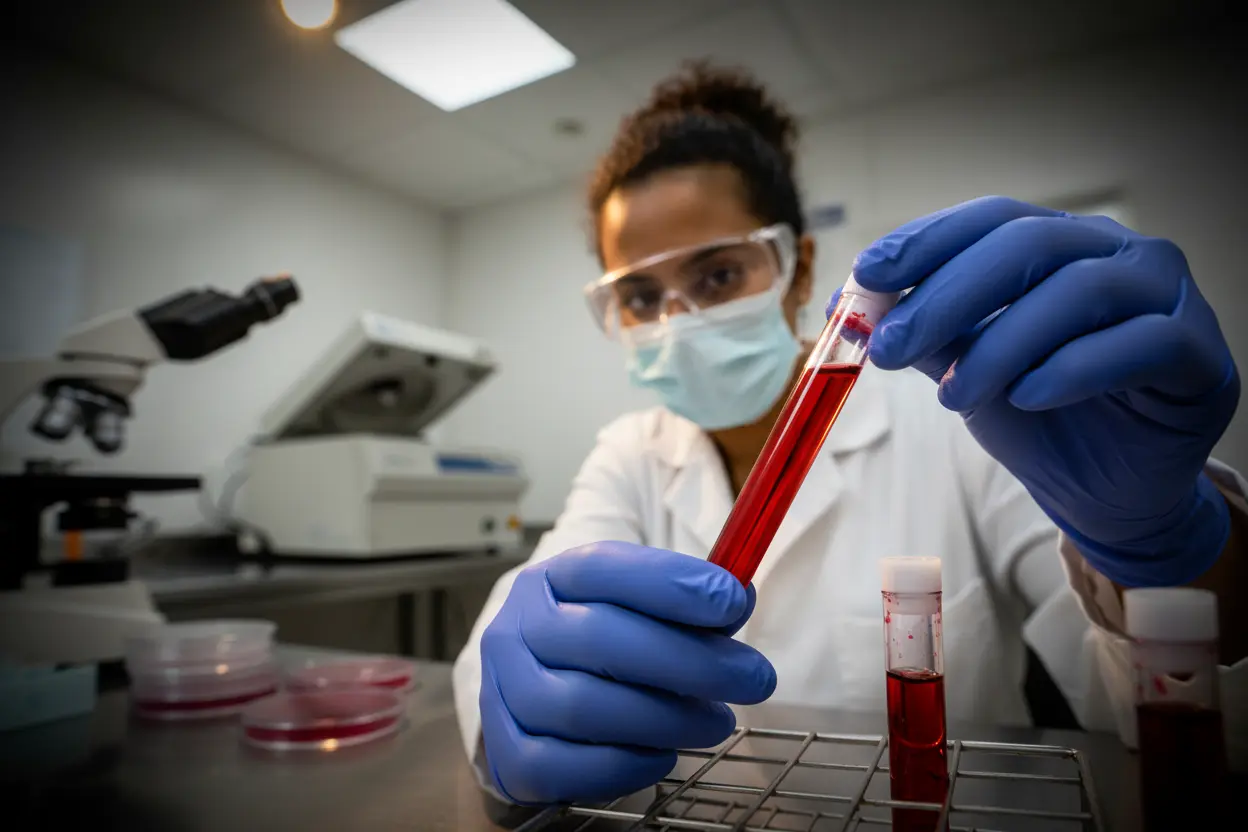Blood Types: More Than Just for Transfusions?
Most of us know our blood type: A, B, AB, or O. It’s the kind of detail that comes in handy at the hospital, but could it possibly have wider health consequences—say, for your odds of developing cancer?
For the past decade or so, scientists have been investigating the possible connection between blood types and cancer risk. The idea is alluring: what if being part of a certain group offered some kind of shield against specific tumors? But what do the studies actually show?
What the Research Tells Us
In 2023, close to 433,000 new cases of cancer were diagnosed in France, according to Santé publique France and the National Cancer Institute. With such staggering numbers, every possible prevention lead gets attention. Some international research has found links—statistically significant ones—between the ABO blood group system and the risk of developing certain cancers.
But let’s keep our expectations in check: the differences observed are in the range of a 10% to 25% change in relative risk. That’s noticeable, statistically speaking, but a far cry from any kind of ironclad protection (or doom-and-gloom vulnerability). There’s also plenty of tangled threads here. It’s hard to say whether risk comes down to the blood type itself, or if it’s influenced by other factors like environment, diet, or lifestyle. Science is still untangling that knot.
- The risk differences are modest: 10% to 25% relative risk, not an absolute guarantee.
- No blood group confers a magical shield or sure vulnerability.
- Other factors like environment and lifestyle play a major part.
So, if you’re type O, it certainly shouldn’t be read as a “protective” card in your back pocket. By the same logic, being type A doesn’t mean a cancer diagnosis is inevitable.
Where Research Is Heading
New studies continue to look at links between blood types and chronic illnesses. For example, a 2021 paper published in Scientific Reports discussed the potential role of ABO antigens in cancer development, and even the possibility of targeted therapies down the road. But don’t jump to conclusions: these are still experimental and conceptual studies, and they don’t provide clinical proof of either protection or increased risk—for now, it’s a story still being written.
Meanwhile, in France, research institutes like INSERM and various hospital teams are looking at how immunity, genetics, and blood factors interact. Their aim: to better understand why some patients develop cancer while others—exposed to similar risks—do not. Yep, it’s as complex as it sounds.
Smoking: Still the Biggest Cancer Risk
According to the French National Cancer Institute (INCa), tobacco use is by far the top cancer risk factor in France—it’s responsible for about 20% of new cases reported each year. That’s a much clearer picture than anything drawn by blood groups.
In case of discomfort, illness or other worrying symptoms, always consult a doctor or healthcare professional for a precise, scientific evaluation of your health. By visiting this site, you acknowledge the disclaimer notice (see legal terms) and agree to its conditions.
ma-sante.news is one of France’s leaders in online health and wellness information. The web version of the Ma Santé magazine, it publishes daily topics and interviews, with backing from scientific experts in the Auvergne Rhône-Alpes region.

